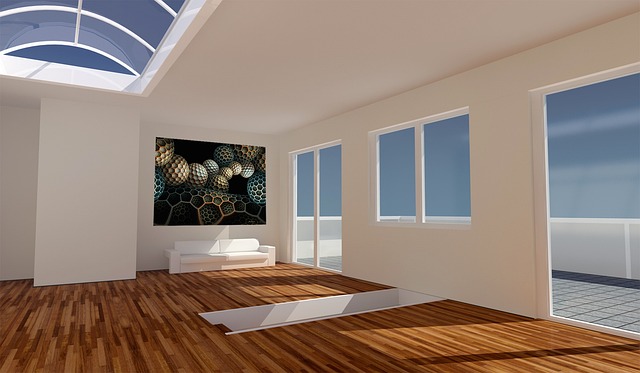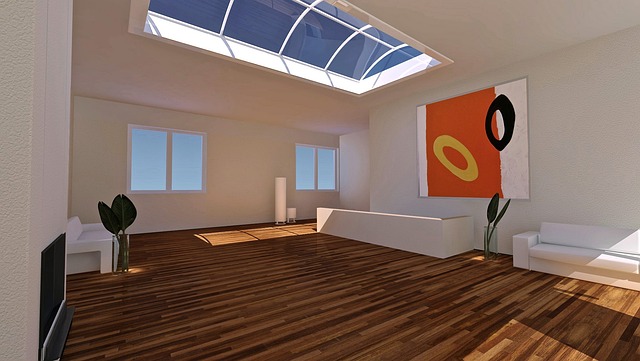Living in student housing presents a unique blend of opportunities and challenges regarding privacy. To create a balanced living environment, students should familiarize themselves with privacy laws, set boundaries, and prioritize personal space. This includes maximizing comfort through clever space planning, adopting healthy habits, and effectively navigating social dynamics with roommates. Dedicated 'quiet zones' within shared spaces offer sanctuaries for academic focus and reflection, balancing the demands of student life with essential privacy.
“Welcome to your ultimate guide to creating a comfortable and balanced living space during your student years. Understanding your privacy rights in student housing is just the beginning. This comprehensive guide delves into essential aspects of student life, offering practical tips for crafting a serene environment. From space planning to building healthy habits and navigating social dynamics, you’ll discover strategies to optimize your well-being. Learn how to find peace and quiet amidst the hustle, ensuring a balanced lifestyle. Embrace these insights to make your student housing experience truly memorable, focusing on privacy and personal growth.”
- Understanding Your Privacy Rights in Student Housing
- Creating a Balanced Living Environment: Tips and Tricks
- The Art of Space Planning for Maximum Comfort
- Building Healthy Habits for Optimal Well-being
- Navigating Social Dynamics in Shared Spaces
- Finding Peace and Quiet: Strategies for Personal Time
Understanding Your Privacy Rights in Student Housing

Living in student housing comes with unique opportunities and challenges, one of which is understanding your privacy rights. As a tenant, you have certain legal protections that ensure your personal space remains just that—personal. It’s crucial to familiarize yourself with the laws governing privacy in rental accommodations, especially since student residences can vary in terms of shared living spaces and private areas.
Knowing your rights allows you to set boundaries, feel secure in your environment, and maintain a healthy balance between socializing and having personal time. This includes understanding what constitutes reasonable access by landlords or roommates and learning how to protect your sensitive information. By being aware of your privacy rights, students can create a comfortable living space that supports their academic and personal well-being.
Creating a Balanced Living Environment: Tips and Tricks

Creating a balanced living environment is essential for students aiming for both academic success and overall well-being, especially in shared student housing where personal space is often limited. One effective tip is to carve out dedicated areas for different activities. For instance, designate a quiet corner as your study zone, complete with good lighting and minimal distractions. Conversely, create a cozy space for relaxation and leisure activities, such as reading or listening to music. This separation helps establish a sense of privacy and promotes a healthier lifestyle.
Additionally, incorporating natural elements can significantly enhance comfort levels. Adding plants or placing a small indoor garden brings life into the space, improving air quality and creating a peaceful ambiance. Utilizing room dividers, curtains, or even bookshelves strategically can also contribute to privacy, allowing you to create individual nooks within a shared living area. These simple yet effective tricks enable students to achieve a harmonious balance between their personal lives and academic responsibilities in their housing environment.
The Art of Space Planning for Maximum Comfort

In student housing, maximizing comfort often hinges on clever space planning. One of the key aspects is creating designated areas for different activities to ensure a balanced living environment. For instance, carve out a quiet study nook away from common areas to foster concentration and productivity. This not only enhances privacy but also allows students to transition between relaxation and focus modes efficiently.
Additionally, consider incorporating flexible furniture arrangements that can adapt to various needs. Foldable tables or multifunctional pieces enable students to easily transform their living spaces, catering to both individual study sessions and social gatherings. By thoughtfully organizing these spaces, residents can create an atmosphere that feels both comfortable and private, ultimately contributing to a more enjoyable academic experience.
Building Healthy Habits for Optimal Well-being

Building healthy habits is essential for students living in privacy student housing to achieve optimal well-being. Start by establishing a consistent sleep schedule, aiming for 7-9 hours of quality rest each night. This foundation supports cognitive function and emotional balance throughout the day. Incorporate regular physical activity into your routine; even brief, intense workouts can boost energy levels and reduce stress. Balancing academic demands with self-care is crucial for maintaining mental clarity and overall health.
Nutrition plays a significant role in well-being too. Prioritize whole foods like fruits, vegetables, lean proteins, and whole grains. Limit processed snacks and sugary drinks, which can lead to energy crashes. Stay hydrated by drinking enough water throughout the day. These habits contribute to better concentration, improved mood, and increased resilience to challenges that may arise during your time in privacy student housing.
Navigating Social Dynamics in Shared Spaces

In shared student housing, understanding and navigating social dynamics is key to establishing a comfortable living environment. Respect for privacy is an essential aspect often overlooked but incredibly important for all residents. As a student, it’s crucial to communicate your personal boundaries early on with roommates and neighbors. This could include setting specific times when you prefer quietness for studying or having designated areas where personal belongings are off-limits. Open dialogue fosters a harmonious atmosphere, ensuring everyone feels respected and understood.
Social interactions in shared spaces should be balanced. While fostering friendships is encouraged, it’s also vital to maintain your own personal space and time. Learning to say no to social invitations when you need study time or simply require some alone time is not only healthy but also ensures you have the privacy necessary for academic success and overall well-being.
Finding Peace and Quiet: Strategies for Personal Time

In today’s fast-paced academic life, finding moments of peace and quiet is essential for students to recharge and maintain a healthy balance. Personal time is crucial for mental well-being, especially when residing in shared student housing where noise levels and social interactions can be high. A simple yet effective strategy is establishing designated ‘quiet zones’ within your living space. This could mean setting aside a specific room or area as a sanctuary where you can retreat to study, read, or simply relax without interruptions.
Creating a private haven within your student housing allows for much-needed breaks from the hustle and bustle of campus life. Consider using noise-canceling headphones, investing in a good quality door lock for added privacy, and setting clear boundaries with roommates to ensure these moments of tranquility remain undisturbed. Remember, finding peace isn’t just about silence; it’s about creating an environment that respects your need for quiet reflection and personal time.






